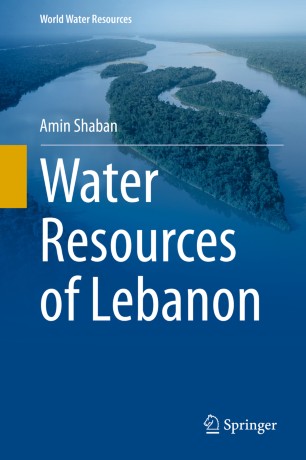

Most ebook files are in PDF format, so you can easily read them using various software such as Foxit Reader or directly on the Google Chrome browser.
Some ebook files are released by publishers in other formats such as .awz, .mobi, .epub, .fb2, etc. You may need to install specific software to read these formats on mobile/PC, such as Calibre.
Please read the tutorial at this link: https://ebookbell.com/faq
We offer FREE conversion to the popular formats you request; however, this may take some time. Therefore, right after payment, please email us, and we will try to provide the service as quickly as possible.
For some exceptional file formats or broken links (if any), please refrain from opening any disputes. Instead, email us first, and we will try to assist within a maximum of 6 hours.
EbookBell Team

4.0
6 reviewsWater has become a challenging resource that many countries worldwide are concerned with. Thus, water is often linked with health, society development, national income and even international geo-politics. Sometimes, water resources are unavailable, but successful management involves developing approaches and projects to assure water supply. However, there are some countries with available water resources, but unsatisfactory management, and thus complain about water supply becoming a national problem. This situation is prevalent in Lebanon, a country characterized by abundant water resources whether on the surface or sub-surface.
It is a paradox that there is still imbalance in water supply/demand in Lebanon, and water resources are now under stress due to chaotic use. This has been exacerbated by the oscillating climatic conditions, increased population and improper management. Therefore, people receive less than one-third of their water needs, and most water supplied is of poor quality. The current status shows a descending trend. Undoubtedly, if the water sector in Lebanon continues this way, we should anticipate unfavourable (and may be severe) consequences.
Many studies have been conducted on water and related disciplines in Lebanon; however, all of them focus on specific themes and sometimes defined regions. Nevertheless, the occurred changes on the influencers (natural and man-made) have not been considered.
This book is the first of its type for Lebanon, and it shows all aspects of water resources with updated measurements and findings obtained by adopting new techniques. It diagnoses in-depth the major elements of water flow/storage mechanism that have never been covered in such a comprehensive manner before. Also, this book introduces and analyses the existing challenges and proposes solutions. It represents a comprehensive investigation of the water resources in Lebanon.